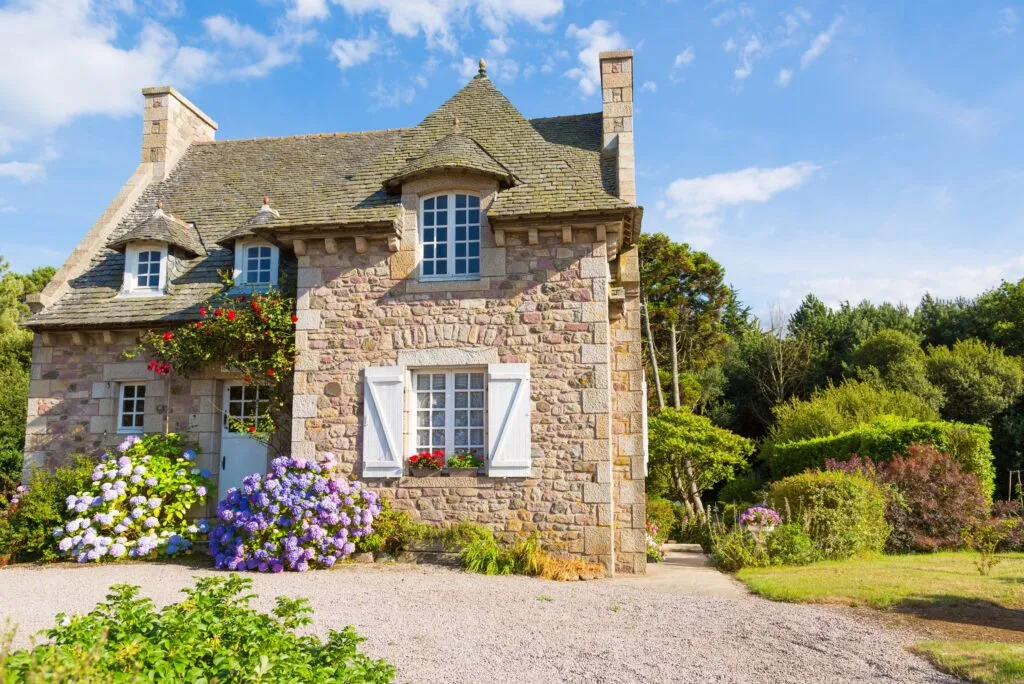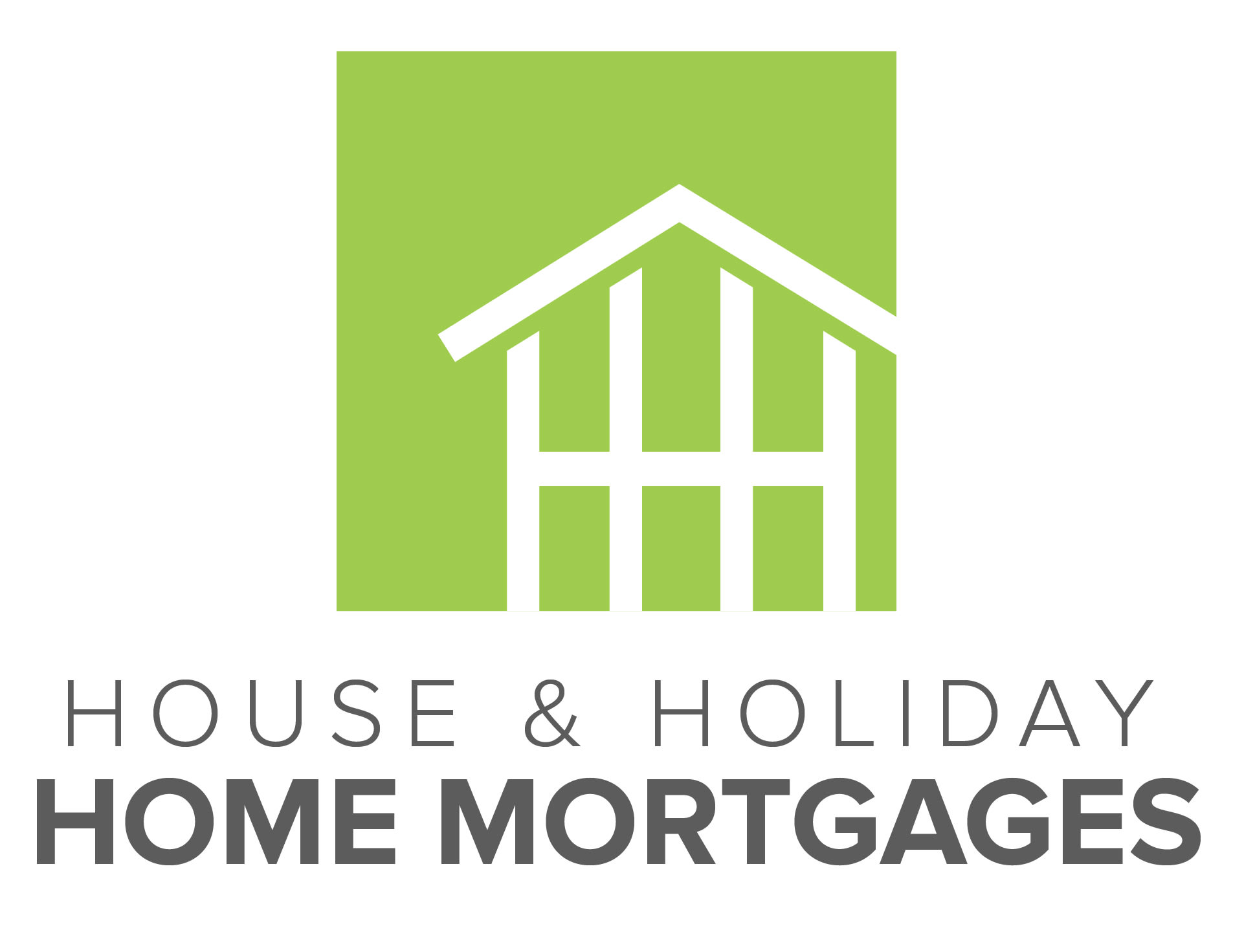How do I get a mortgage for a holiday home?

Many people dream of owning a second home in an idyllic location as a bolthole for weekends away or longer breaks throughout the year.
However, if you’re not a cash buyer, then you’ll probably need a mortgage to bring your dream of holiday home ownership to fruition. This is where, without the right specialist help and advice, things can get a bit tricky.
There are two types of mortgages you can get in the UK to help you buy a holiday property.
If you’re looking to invest in a property you plan to let out to tourists throughout the year, then a holiday let mortgage is probably your best bet. You can find out all about holiday let mortgages and what you need to do to get one here.
However, if you’re looking to buy a holiday property for personal use – as in enjoying yourself or letting your friends and family stay there free of charge – then a holiday home mortgage, which is similar to a second home mortgage, will be more suitable.
Here, we explain what a holiday home mortgage is and how to get one.
What is a holiday home mortgage?
A holiday home mortgage is, in many ways, like the type of mortgage you would take out on a residential property.
However, some lenders view holiday home mortgages slightly differently to standard residential mortgages and will usually apply stricter lending criteria to offset the additional risk.
Holiday home mortgages can be more expensive, as again, lenders will look to insulate themselves against the additional risk by charging higher interest rates. This isn’t always the case though.
As with a residential mortgage, the main thing you’ll need to prove to the lender is that you can afford the repayments, especially if you already have another mortgage on your existing primary residence.
Affordability is the key thing to bear in mind here. Your lender will want to be sure you can afford to repay two mortgages every month. So, you’ll need to undergo all the same financial checks as you would for a standard mortgage and will probably need to put down a deposit of anywhere between 15% to 25% of the holiday home’s value to secure the loan.
It’s also essential to bear in mind that your lender will apply strict limitations on how you can use your holiday home. If you decide to rent it out as a furnished holiday let at any point, this will likely breach the rules, and you may be subject to legal and financial penalties. So, understanding precisely what you can and can’t use the property for before purchase is crucial.
How can I improve my chances of getting a holiday home mortgage?
As mentioned above, your lender will want to be sure you can afford the repayments on a holiday home mortgage alongside any outstanding repayments on your primary home’s mortgage. If you can provide evidence to demonstrate you can, even if your financial circumstances were to change suddenly, it will make them more likely to lend to you.
Checking your credit score before applying for a holiday home mortgage is also vital. Your lender will be looking for any red flags in your credit history, such as late, missed or defaulted payments or any additional debt taken on since you took out your first mortgage.
All of these can affect your credit score and reduce the chances of your holiday home mortgage application being approved.
On the flip side, if you have taken out loans, credit cards and other debt in the past but have built up a strong record for repaying them, it can improve your credit score and give confidence to potential lenders that you have the ability to pay.
The more of your current mortgage you can pay off, the better too. If there’s less outstanding debt on your existing mortgage, it may make a holiday home mortgage more affordable, and you may even be able to get access to more preferential interest rates or negotiate a better deal.
You’ll also need to work out what type of holiday home mortgage you need. Like with residential mortgages, several types are available, including fixed-rate, variable-rate and discounted. Check out our guide to the different types of holiday home mortgages to help you make the right choice.
And the final thing to bear in mind is the additional costs you may need to fork out when buying a holiday home. Stamp Duty, insurance, legal and mortgage arrangement fees can quickly mount up, so be sure to factor these in.
Why should I use a holiday home mortgage broker?
Buying a holiday home and arranging the right mortgage can be a challenge if you don’t know what you’re doing, so it’s always better to seek professional advice from a holiday home mortgage specialist, like House & Holiday Home Mortgages.
We can help you explain all the implications and obligations of applying for a holiday home mortgage and help you get the best deal.
Our expert team has over 40 years of experience in the holiday home market and is dedicated to taking the stress away from getting the right mortgage.
We’ll provide honest, straightforward advice and guidance on the right way forward and help you arrange the deal that’s right for you to make your investment a holiday property as pain-free as possible. Get in touch today to find out more.

